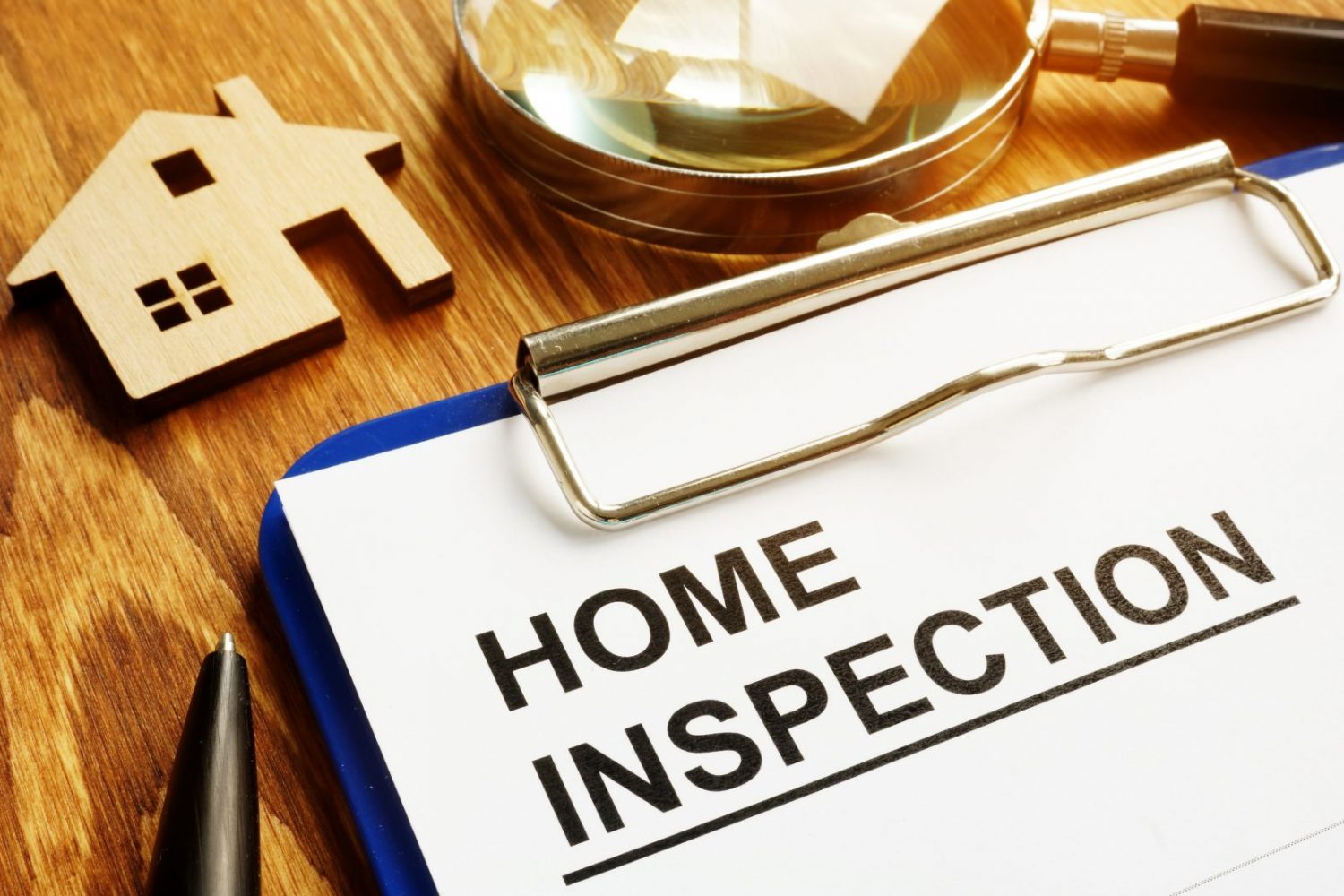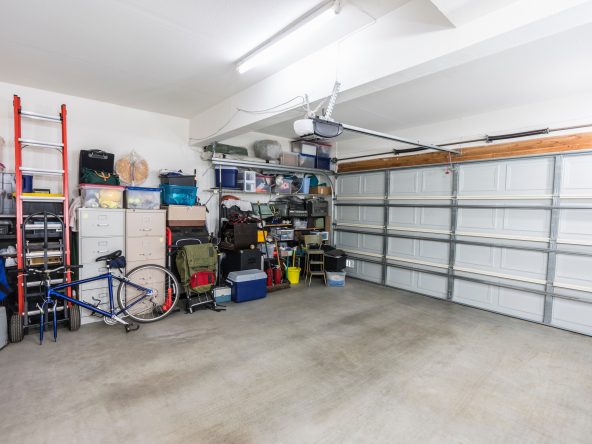You Ask, We Answer: What Can I Expect from My Home Inspection?
For any homebuyer, buying a home is one of the biggest investments we can make—and the process can sometimes feel overwhelming. Luckily, there are steps leading up to your closing that provide valuable information to help you make important decisions before making that house your home. One of these guardrails is the home inspection. This thorough overview of your prospective home is performed by a licensed professional whose job it is to flag any “issues” with the house; you and your Calcagni Real Estate agent can raise these with the seller and their agent prior to closing. Here’s what you can expect from your Connecticut home inspection.
How do I choose a home inspector?
While there are many qualified home inspectors throughout Connecticut, your Calcagni Real Estate agent will have a list of preferred vendors to share with you. After all, with over 50 years in Connecticut real estate, we’ve built relationships with trustworthy home inspectors whose professional opinions we trust!
As with any decision in hiring vendors or contractors, it’s always helpful to do your own research, to read customer testimonials and to make a list of questions you may have about home inspectors. Just know that your Calcagni agent has home inspectors at the ready to recommend to you, and they not only provide a thorough inspection of any home on which they’re working, but they’ll turn around the official report in a timely fashion to help keep the ball rolling toward closing on the house you chose. These trusted relationships can make it easier for you to get answers when you need them, to ensure your best interests are top of mind and to help you breathe a sigh of relief during the home buying process.
What does a standard home inspection entail?
Once you’ve decided on a home inspector, your Calcagni agent will schedule the home inspection. You and your agent will meet the inspector at the house you want to purchase, and the inspector may give you a rundown of exactly what to expect for the next hour or two. Typically, home inspections examine:
• Exterior condition of the house
• Roof, including gutters, chimney, and any vents
• Foundation
• Deck
• Electrical
• Plumbing
• Heating and cooling
• Radon detection, if pertinent
• Walls, ceiling and flooring
• Windows and doors
• Basement, including meters, AMPs, furnace, water heater, sump pump
• Attic
• Insulation
• Water pressure
You will want to be present during your home inspection. This house is your investment, and the home inspection is an ideal opportunity to raise questions with your home inspector or gain clarification on anything they find. While they will take copious notes for their official report, it’s always good to take your own notes as you’re walking around. Photos and videos may also be very helpful, but always ask if it’s ok to do so before photographing or recording anything, including your inspector’s commentary.
What if I have a well or septic tank?
While home inspections cover many areas, they generally will not cover inspecting for mold, pests (termites, rodents, roaches or carpenter ants), wells, or septic tanks. However, you can certainly hire separate inspectors for these areas. While there will be an additional fee to do so, discovering “big ticket” issues before the sale of your home goes through can prove invaluable. Calling in these experts will not only give you a heads up as to what’s going on “below the surface” of the house, but can provide valuable quotes on how much it will cost to fix any issues related to these areas—a useful tool when negotiating the sales price of the house in question.
Once your home inspection is over, your licensed home inspector will write up a detailed report for your records. This will include a range of findings and suggestions, from larger (“Recommend applying Thermoseal to entire brick facade on rear exterior”) to smaller (“Replace kitchen faucet fixture to remedy uneven water pressure.”). Your Calcagni Real Estate agent can go through the report with you and discuss what items you’d like to approach the seller with, to either negotiate the purchase price or have the seller fix them prior to closing. Home inspectors provide a clear window into the house you’ll likely be calling a home; you’ll no doubt be less stressed once you benefit from their expertise!




